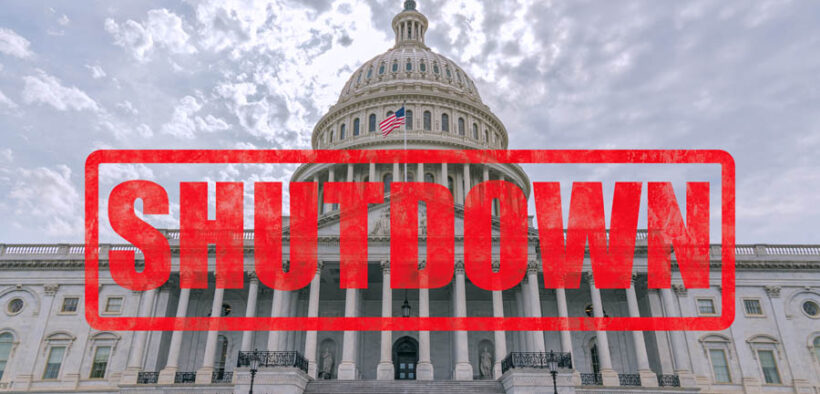Shutdown’s third week tests US economy, market calm

The U.S. government shutdown has entered its third week, tying the 2014 impasse as the third-longest in modern history. According to Birling Capital’s latest report, “The Policy Ripple,” the deadlock has evolved into what it calls a test for the U.S., as markets remain steady despite suspended federal data releases, delayed paychecks and growing uncertainty.
“What began as political brinkmanship has morphed into a slow-burn test of America’s economic resilience,” the report stated, describing the standoff as a “hand grenade” that both parties now hold, unsure who will “pull the pin first.”
The shutdown began Oct. 1 at 12:01 a.m. Eastern time. Contrary to expectations of market disruption, Wall Street reacted with relative calm.
“The S&P 500 rose 0.34% on Day 1 — an odd reaction to what’s supposed to resemble a political crisis,” the firm wrote. Volatility rose modestly, suggesting investors view the event as “a political pothole rather than an economic abyss.”
Early sector performance showed health care up 3.09%, followed by government services contractors at 2.28%, while financials fell 0.89%. Defense and aerospace remained flat, and small-cap stocks rose only 0.22%, reflecting exposure to delayed federal contracts.
Birling Capital warned that the greater concern lies not in immediate volatility but in a “data blackout” caused by the suspension of releases from key agencies such as the Bureau of Labor Statistics, the Bureau of Economic Analysis and the U.S. Census Bureau.
The lapse, the report said, deprives policymakers of “the visibility required to gauge inflation, labor demand and consumer resilience,” forcing the Federal Reserve to operate “in a fog-of-war phase” guided by regional surveys and private models.
Historically, government shutdowns have reduced gross domestic product by 0.1% to 0.2% for every few weeks of duration. So far, the 10-year Treasury yield has dipped slightly to 4.12%, and the U.S. dollar index remains stable.
Three possible outcomes
The report outlined three potential paths: a quick resolution within two weeks leading to a relief rally; a medium-length impasse prompting a shift toward defensive sectors; and a prolonged shutdown lasting beyond four weeks, which could bring “liquidity pressures, credit spread widening and potential political instability.”
Despite the uncertainty, Birling Capital said the U.S. economy remains resilient, citing the Atlanta Federal Reserve’s GDPNow estimate of 3.9% growth for the third quarter.
“The GDPNow estimate signals that economic activity has not stalled — it has merely entered a temporary reporting fog,” the report said. “This resilience is validation that the shutdown is a political event, not a macroeconomic inflection point.”
The firm’s investment guidance urges clients to stay patient, maintain equity exposure and favor defensive sectors such as health care and utilities while keeping liquidity ready to reenter growth sectors once the government reopens.
“Maintain core equity exposure — history rewards patience,” it said.
“Markets are signaling calm in the face of political noise,” the report concluded. “The U.S. economy’s strength is not built in the halls of Congress but in the productivity and confidence of its people. Yet with both parties gripping the same hand grenade of political brinkmanship, the outcome may hinge not on policy — but on who decides to pull the pin first.”












